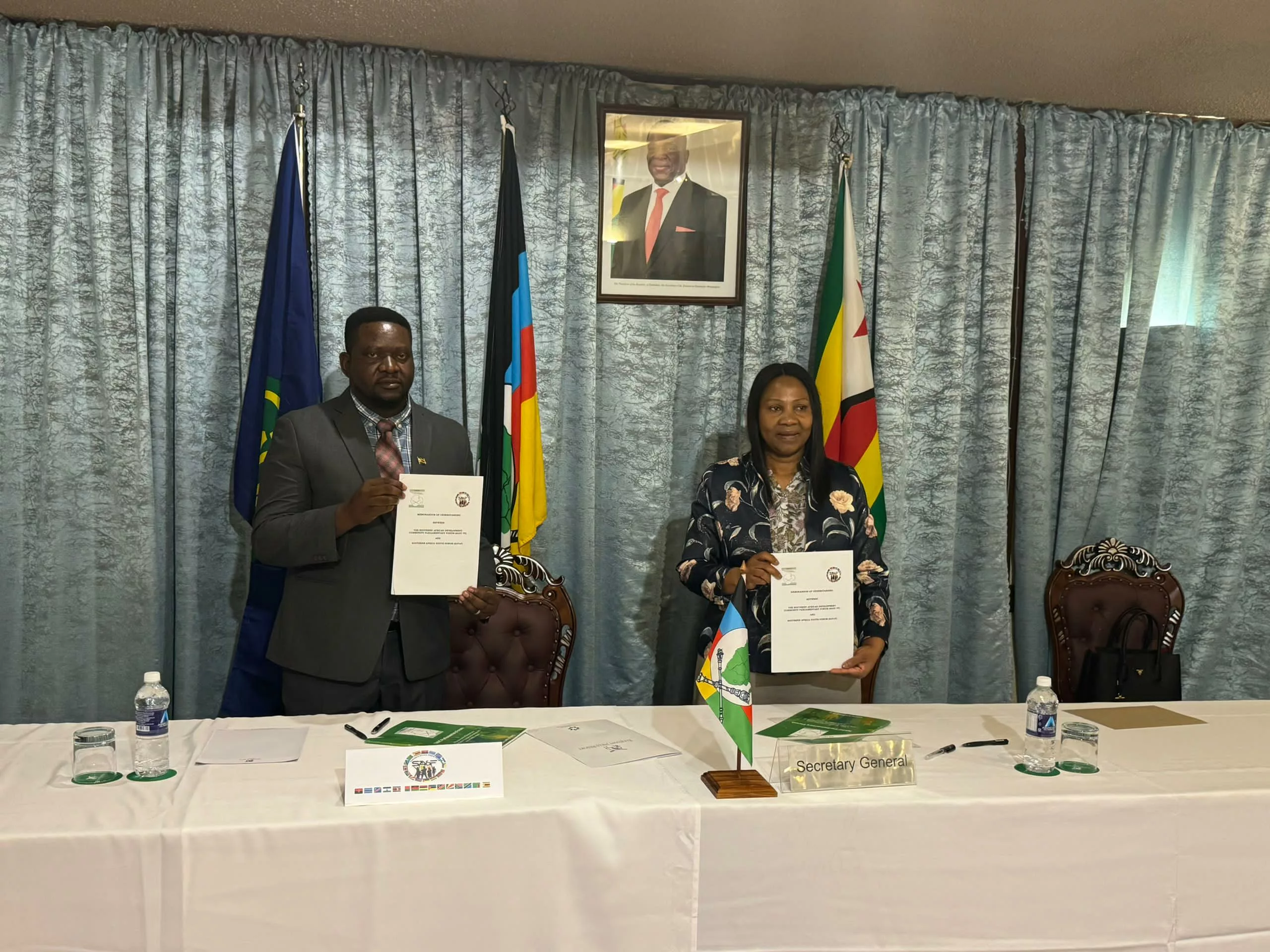The Minister of Information Communication Technology (ICT), Postal and Courier Services, Dr. Jenfan Muswere has praised President Mnangagwa for launching the National Data Centre that he said is one of the grand strategies in successfully implementing the National ICT Policy and the e-Government Programme.
Dr Muswere said the launch of the data centre is also a clear demonstration of ensuring that the attainment of Vision 2030 is heavily anchored on the modernization of our economy through the use of ICTs.
The minister said the SMART Zimbabwe 2030 initiative is the framework which provides for a Smart Government, and consequently, for effective e-Government.
“Our Ministry will continue to provide the enabling environment that is necessary for the intensified adoption and utilisation of ICTs within Government and across the economy at large to ensure that our country moves in tandem with the new dictates of global economics and governance. This is in addition to ensuring that ICTs are diffused to penetrate to all corners of the country, hence bridging the digital divide and promoting rural development. Deployment of ICT infrastructure and equipment also resonates very well with the National Development Strategy 1 (NDS1), as well as the attainment of Vision 2030.
“The National Data Centre that is being launched today is one of the success stories in the implementation of various projects under the e-Government Programme that our Ministry in collaboration with the Office of the President and Cabinet are deploying across the public sector to reinvigorate the performance of Government institutions, systems, and processes. The National Data Centre will be used as a central repository for all Government information. This will allow for quick access, exchange, and sharing of information by the various users within the Government. This is critical for quick decision making and service delivery. Furthermore, the operationalisation of the National Data Centre will offer an opportunity for the Government to save financial resources as ICT operations will be based on Cloud Computing. This also resonates well with the Whole of Government Approach.”
The ICT ministry’s goal under the e-Government Programme is to attain 100% e- enablement in the provision of basic services by the Government. The strengthening of the Government Portal and the Ministries’ websites will also provide the platform for the citizens and business to access the Government information and services that will be housed in the National Data Centre.
He said emarkable achievements have also been made under the 2nd Republic in conformity with the SMART Zimbabwe ICT Strategy and requirements of Vision 2030. These include the following among others:
- Development of the backbone infrastructure to connect the country to the outside world;
- The mordenisation of the ICT backbone infrastructure;
- The last mile connectivity to all businesses and households through fixed and mobile telephony as well as data links to allow citizens and business to access Government services through the portal. The mobile penetration rate has risen to 87.7% from the 10.4% recorded in in 2008. The Internet penetration rate has also been consistently growing over the years and currently stands at 59.9% up from the 1.3% recorded in 2008;
- Community Information Centres, a key infrastructure to provide access to online services to the local communities, particularly the less privileged members of these communities, have also been deployed throughout the country. They will enable citizens to also access Government online digital services amongst other things.
- Deployment of PFMS Kiosks across the country.
- E-Learning initiatives to ensure that students throughout the country have equitable access to educational content.
- Implementation of the Telemedicine project to ensure the use of ICTs to facilitate the provision of clinical healthcare using two way communications between physicians and the patients at remote, rural healthcare centres.
- Safe Cities initiative that uses camera technology to manage and monitor traffic in our cities. The National Data Centre will be instrumental in the processing and storage of data generated through this platform.
- Deployment of base stations across the country to ensure ubiquitous connectivity throughout the country.
The Government has identified ICTs as one of the pillars and cornerstones for economic development. Access to ICTs and effective participation in the digital economy is therefore critical in improving the quality of life for all the citizens of Zimbabwe. The CIC initiative, therefore, resonates very well with the Government’s vision that is anchored on leveraging ICTs for sustainable development.






